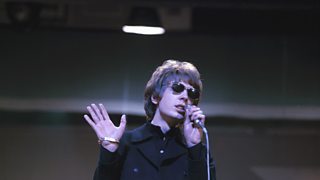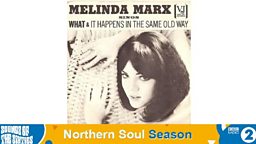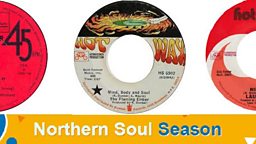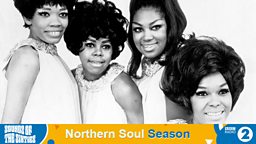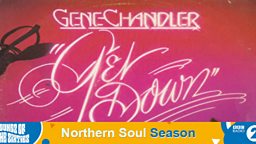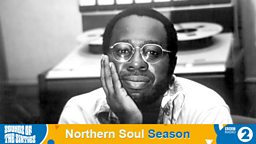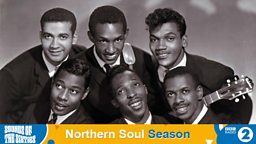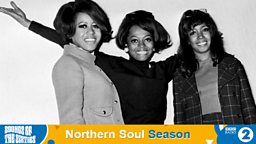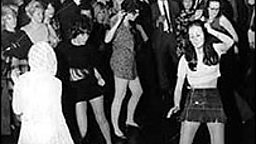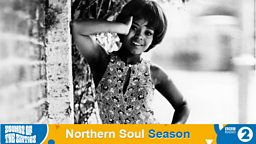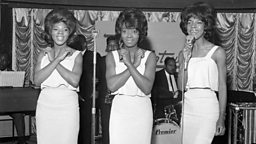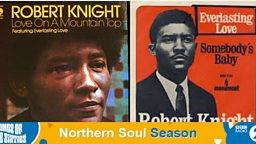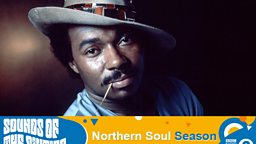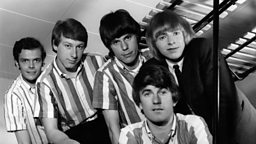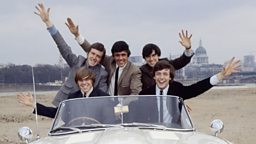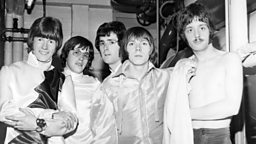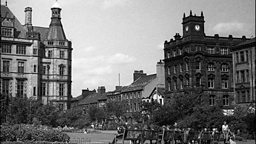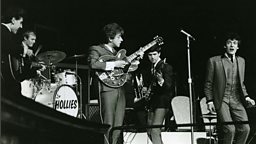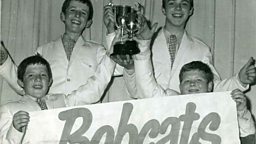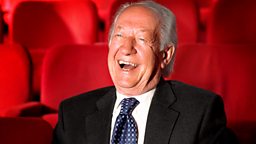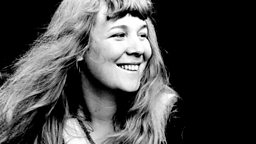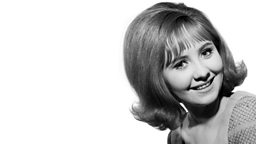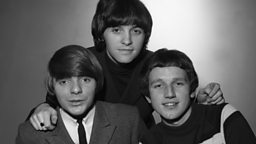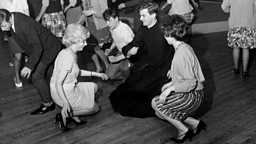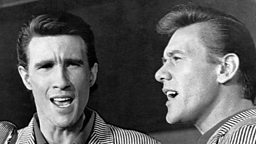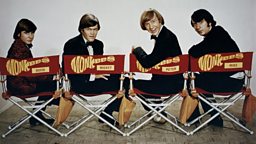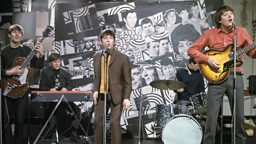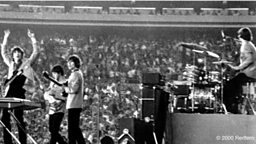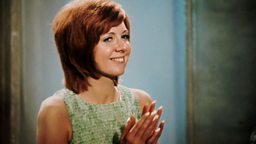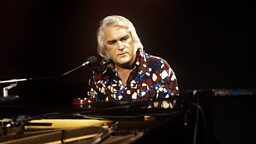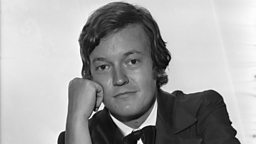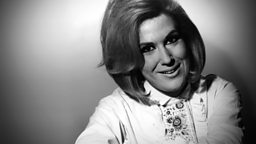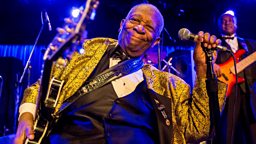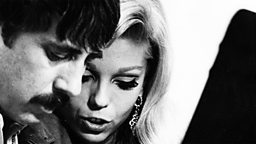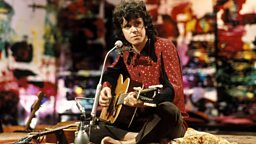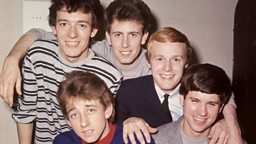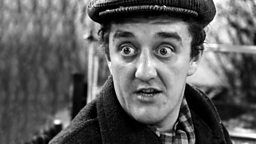Don Arden
by Bob Stanley
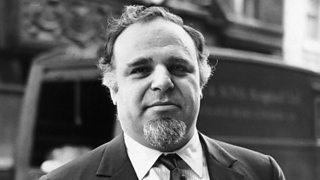
If you wanted to be in show business, you just stood next to Don
was one of the most popular showbiz entertainers in Britain thanks to her warm personality, ragtime piano playing, and hits like Poor People Of Paris. By the time that was a number one in 1956, Winnie was wealthy enough to have moved out of Brixton and over the river to Hampstead. She was not only a Royal Variety Performance regular, but also a landlady; she had kept several properties in Brixton, one of which was rented by the Arden family who would, soon enough, make a name for themselves in showbiz. Little Sharon went on to marry and manage Ozzy Osbourne, while her bear-like father Don would have a huge roster of stars on his management books, including Gene Vincent, the Nashville Teens, Elkie Brooks, the Small Faces, ELO and Black Sabbath.
Born Harry Levy in Cheetham Hill, Manchester, Don Arden initially trod the boards in the forties as an impersonator, throwing in a bit of Al Jolson alongside George Raft and James Cagney. The singing soon took over from the comedy and by the time he had moved to London in the early fifties, where he married Irish ballet teacher Hope Shaw, he was also promoting Hebrew folk concerts. While his landlady was at number one with Poor People Of Paris, Arden was cutting a version of Blue Suede Shoes as lead singer with smooth vocal group The Canadians. It is one of the oddest cover versions you're likely to hear, with added lyrics about "loafers" and "the cobbler man" in amongst the big band arrangement.
By the turn of the sixties, Don Arden was the principal UK booking agent for rock 'n' roll acts, including the Everly Brothers, Little Richard, Fats Domino, Chuck Berry, Sam Cooke, Duane Eddy, and Jerry Lee Lewis. Going into the business side of pop wasn't an unusual move for singers back in the fifties - Dick James had sung the theme to Robin Hood back in 1955, billing himself as "Britain's Romantic Singer Of Songs": by the early sixties he had signed the Beatles' publishing and by 1970 he was running the DJM (Dick James Music) label, home to Elton John. Arden, along with Robert Stigwood, was one of a new brand of entrepreneurs who helped to break the Lou Grade agency's monopoly on pop tours.
Once the beat groups came through, Don Arden moved into management with the Animals, Nashville Teens and Small Faces. It's safe to say Don Arden was a hard-nosed businessman. Ian MacLagan said the Small Faces were on "£20 a week, that was it. Never got a penny from records, never got a penny from gigs." Arden did also ensure they had an endless account in most of the boutiques on Carnaby Street and the Kings Road; he paid for their flat in Pimlico as well as a maid, a Mark X Jaguar and a chauffeur to go with it. It can't have been a hard life. Still, everyone likes to be accounted to.
Through all this, Arden was cutting the odd record of his own: in 1967 Decca released his version of Sunrise Sunset, from Fiddler On The Roof. It was a gentle, melancholy thing which contrasted rather harshly with his business persona. When Nashville Teens pianist John Hawken went to Arden's office to question the amount of money the group was receiving, Arden apparently began to strangle him, then tried to throw him out of the window, shouting: "You're going over, John, you're going over!" Robert Stigwood met a similar fate when Arden heard he was trying to poach the Small Faces' management. Not everyone caved in. Gene Vincent pulled a knife on him, after which, unsurprisingly, they went their separate ways.
In the seventies Arden set up Jet Records, home to Roy Wood, Lynsey De Paul and ELO, whose huge success enabled him to buy Howard Hughes's old Hollywood home. He became estranged from his daughter Sharon after she began to manage his former charge, Black Sabbath's Ozzy Osbourne - Arden retaliated by setting his dogs onto her.
Time heals most wounds, though, and Don and Sharon were reconciled before his death in 2007. The surviving Small Faces attended the unveiling of a blue plaque on the wall of Arden's Carnaby Street office. He was as colourful, rough and enthusiastic as any of his clients - as Rolling Stones manager Andrew Loog Oldham once said, "If you wanted to be in show business, you just stood next to Don."
-
![]()
Brian reminisces about his first records
-
![]()
A weekly fact file of some of the records we play

